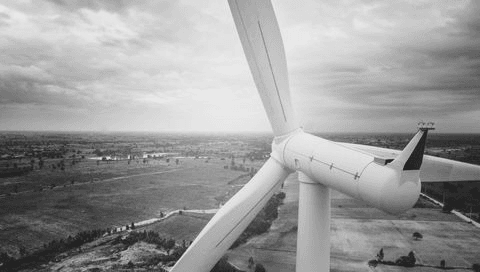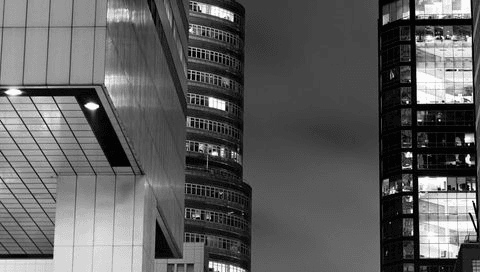On November 27, 2024, the Federal Energy Regulatory Commission (FERC or Commission) issued Venture Global CP2 LNG, LLC,1 an order that sets aside, in part, the Commission’s prior authorization of the CP2 LNG Terminal and CP Express Pipeline Project (collectively, the CP2 Project) under sections 3 and 7 of the Natural Gas Act (NGA). In anticipation of future appellate challenges to its authorization of the CP2 Project, FERC ordered the initiation of a supplemental environmental impact statement (SEIS) process under the National Environmental Policy Act (NEPA) to assess the CP2 Project’s contribution to cumulative air impacts for nitrogen dioxide (NO2) and particulate matter less than 2.5 micrometers (PM2.5). Accordingly, FERC stated that it would not allow construction to commence on the CP2 Project’s proposed liquefied natural gas (LNG) export terminal and related feed gas pipeline until the SEIS process concluded and a subsequent order was issued. Concurrent with its Venture Global order, FERC issued a projected schedule for the NEPA process that does not conclude until July 24, 2025. Construction on the CP2 Project had been expected to be imminent, with the project sponsor seeking a partial authorization to proceed with construction only hours prior to Venture Global’s issuance.
FERC states that the primary motivation for initiating the new SEIS process is a remand order it received in July for a different LNG export terminal project in Healthy Gulf et al. v. FERC. In Healthy Gulf, the U.S. Court of Appeals for the District of Columbia (D.C. Circuit) found FERC’s cumulative effects determination for air quality to be deficient as related to that underlying project’s NO2and PM2.5impacts. Because FERC’s initial approval for the CP2 Project had used a similar air quality analysis, it deemed its approval to be vulnerable to legal challenges. And, FERC determined that it could not perform a new analysis without reopening the NEPA process for public comment to align with a subsequent D.C. Circuit decision, City of Port Isabel v. FERC.
Venture Global is particularly noteworthy because it may be the first time FERC has proactively stalled construction of a major infrastructure project, and initiated an SEIS on its own accord, without being ordered to do so by a federal court. It is also at odds with FERC’s order of October 1, 2024, denying a stay of construction sought by CP2 Project opponents, and other infrastructure projects that continue to move forward with construction or operation while FERC runs a subsequent SEIS process. The decision suggests that a string of losses in the D.C. Circuit—in Healthy Gulf, Port Isabel and New Jersey Conservation Foundation v. FERC—had a deep impact on FERC’s leadership, and increased its resolve to avoid similar outcomes in future cases. Moreover, because the decision was bipartisan, with all Commissioners voting in favor (apart from Commission Chang, who did not participate), a reversal on rehearing is unlikely.
1 189 FERC ¶ 61,148 (2024).




